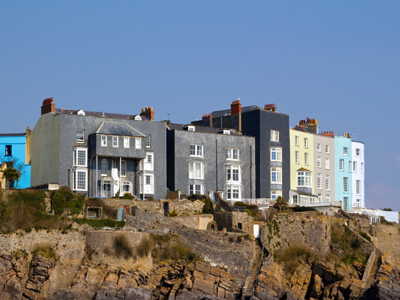
Coastal Management
Coastlines are a major topic in GCSE Geography. This is one of several quizzes on that particular subject and it focusses specifically on the management of coastal erosion, with both hard and soft engineering.
Coastlines are dynamic areas. Geologically speaking they are changing in the blink of an eye. Compared to how slowly even things like glaciers move - never mind mountains being eroded - coasts are the geographical features that move in and out and shake it all about!
The changes that occur at the coast are a part of natural erosion and deposition. But with most parts of the British coastline having some form of settlement or industry located there, being a part of a delicate natural ecosystem, or being a key part of the tourism for the area, coastal management is key to try and prevent the loss of towns, villages and landscapes all around the country.
Ready for more?
not all...
quizzers. Try to win a coveted spot on our Hall of Fame Page.







